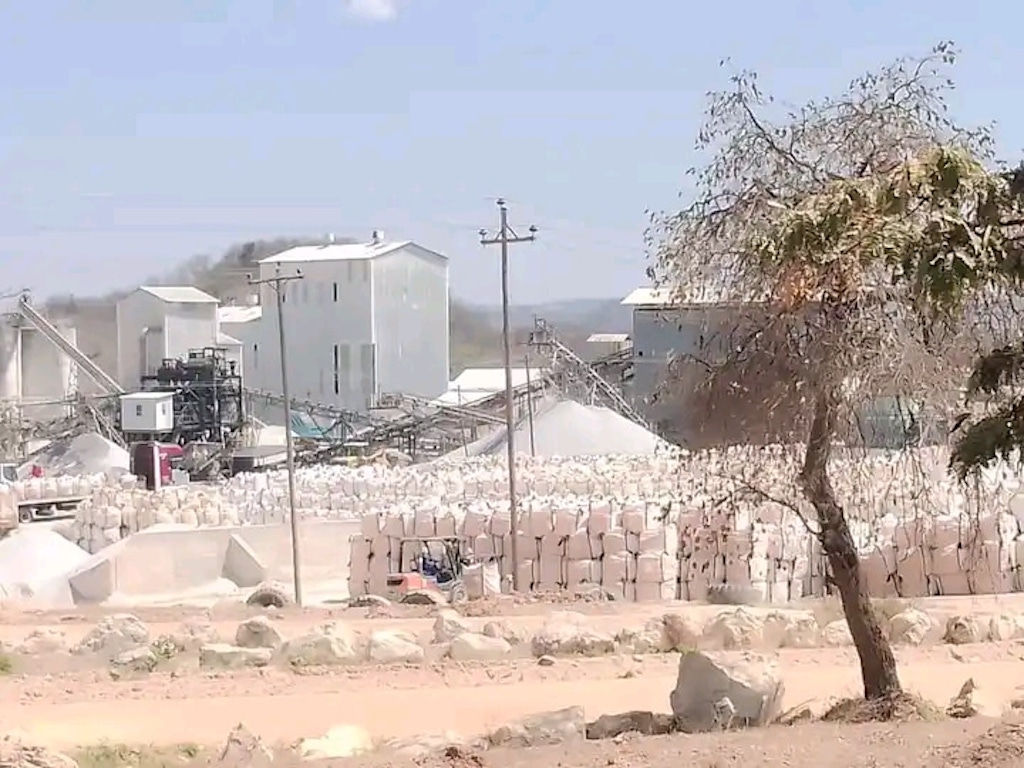Rutendo Chirume
The Zimbabwe Anti-Corruption Commission (ZACC) is struggling to effectively combat corruption due to significant gaps in the country’s legal framework, an official has said.
Speaking during a workshop by Transparency International Zimbabwe (TIZ) held in Masvingo recently, ZACC Investigation Officer Langton Shayanewako (picture) described the lack of a cohesive legal framework as a setback.
“The current legal framework has gaps and ambiguities that make it difficult for us to effectively investigate and prosecute corruption cases. We need clearer laws and regulations to guide our work and ensure that those accused of corruption are held accountable,” said Shayanewako.
He highlighted gaps in the definition of terms, lack of effective laws to protect whistleblowers and witnesses, and intrusive political interference which hinders effective execution of duties.
“One of the major gaps in the legal framework is the lack of clear definitions. For example, the term ‘public official’ is only applicable to those holding public office but does not apply to the person in a similar position but working in a private organization. This has led to confusion and inconsistencies in the application of the law, making it harder for ZACC to secure convictions.
“Another gap in the legal framework is the lack of protection for whistleblowers and witnesses. This has made it difficult for ZACC to gather evidence and build cases against suspected corrupt individuals and organizations. In most cases these people end up withdrawing their assistance because they would have been threatened and victimized.
“We need stronger protection for those who come forward to report corruption and provide evidence,” he said.
TIZ programmes facilitator Fadzai Jekemu later told EnviroPress that holistic approach to end corruption was needed.
“We call upon responsible authorities to finalize the Whistleblowers Protection Bill as this would enhance protection of whistleblowers who report those who do corruption without fear. There is also need to make amendments to enable smooth investigations,” she said.








